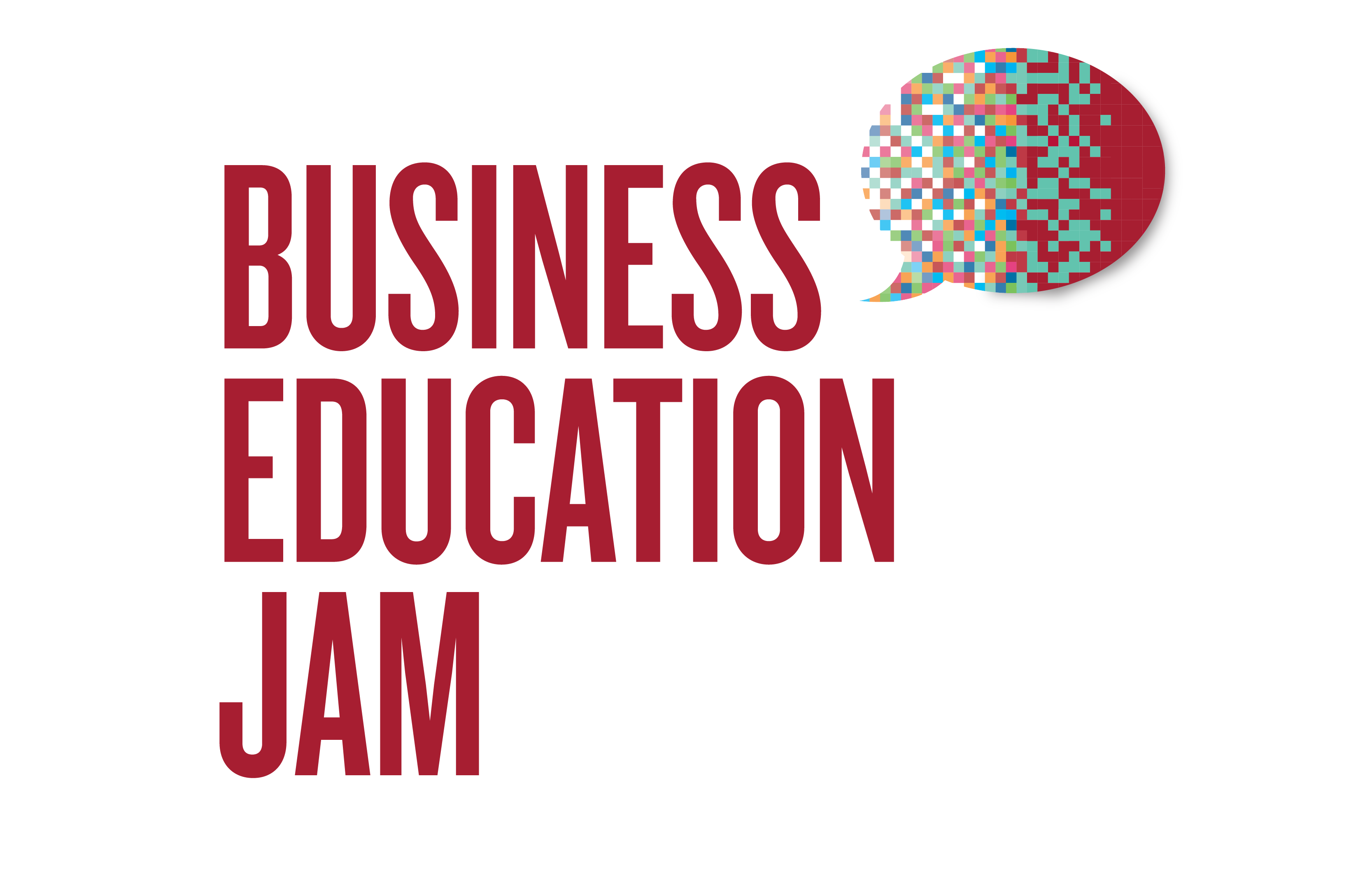Africa Jam: November 2017
Africa Jam: November 2017 was the first event in this series of regionally focused dialogues on business education.
On November 7, 2017 participants joined together at the at the Gordon Institute for Business in Johannesburg, South Africa for a one-day symposium on reimagining business education in Africa. Co-hosted by Howard Thomas, Ahmass Fakahany, Distinguished Visiting Professor of Global Leadership at Boston University Questrom School of Business, and Morris Mthombeni, Executive Director: Faculty & Lecturer, Gordon Institute of Business Science (GIBS), this interactive session added new insights on the challenges and opportunities for management education in Africa. These insights then launched a global brainstorm through the edX platform.
Topics discussed included:
- How might Business Schools leverage on the new Digital Mode of Learning?
- How might Business Schools foster greater Diversity and Inclusion?
- How might Business Schools include Entrepreneurship into the curriculum?
- How might Business Schools create Lifelong Learning?
- How might Business Schools make an Impact on Society?
A summary of findings included:
1) How to capture the digitisation trends in ME- this includes how to incorporate digital into our curricula. How to link digital and data analysis approaches by taking advantage of the wealth of digital data generated today e.g. in manufacturing quality, logistics and customer experience.
2) Competition and collaboration: How to build an ecosystem for ME in Africa? Competition involves the growth of private competitors- corporate universities, consulting firms and private equity -as stimulants of capacity building in ME. And collaboration requires sharing of experiences in teaching, research and service e.g. in curricula, case studies etc.
3) Relevance: narrowing the GAP between business and government and ME. The private sector needs to be more involved as partners- e.g. through faculty- business linkages to co- create insights and knowledge for the field. We need to persuade the private sector to provide additional funding to alleviate the the government shortfalls across in Africa.
4) How should learning approaches evolve in the future? Should we encourage joint learning partnerships between students and faculty? And evolve new ideas about project- based or experiential learning approaches?
5) Clients, students must be more involved in dialogue about how to learn and what to learn.For example, Jonathan asked how much we know about management processes and practices in Africa? How many needs analyses have been undertaken except perhaps AMI?
6) Productivity and quality are viewed as real issues in upskilling managers. How can we increase ME capacity at high quality? What is the trade- off between quality and cost of provision in this huge market?
7) Ethics and corruption are seen as issues. The key theme is how to put this into action as key elements in curricula- the plea is how to make ethical choices and dilemmas “real”, immediate and important to students.
8) Entrepreneurship in its various forms – corporate, social,individual- is key to economic growth in Africa. Again how to make this actionable and meaningful in the African context- and not simply mimic Western approaches is the critical issue here.
9) Finally collaboration is the key call to action. Africa needs a community of scholars who build mutually strong scholarship and an ecosystem that encourages the strong growth of ME. Here the need is to move this forward expeditiously.

